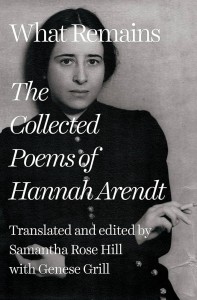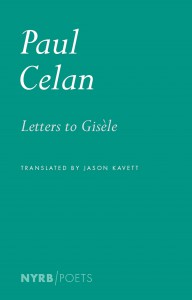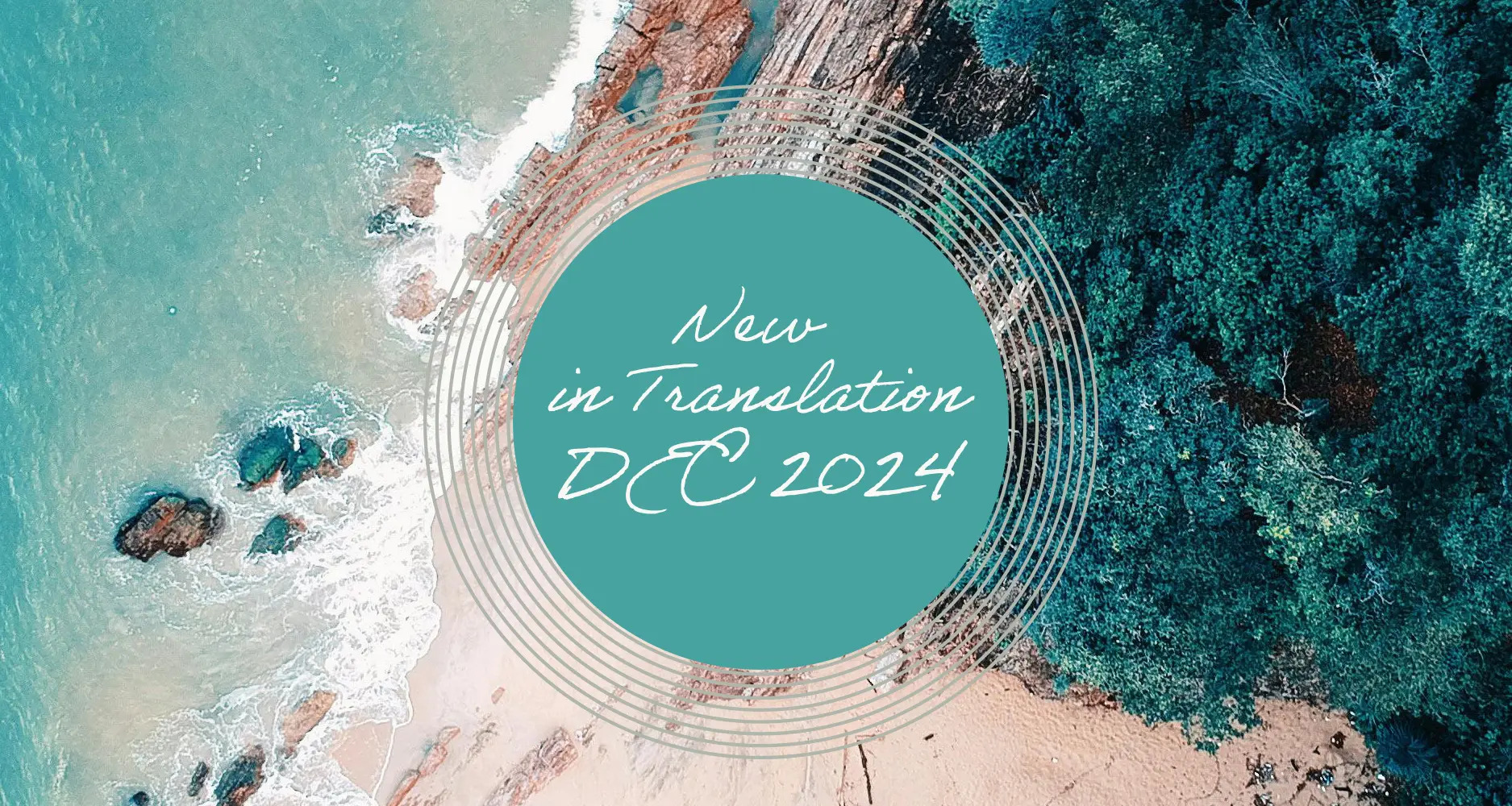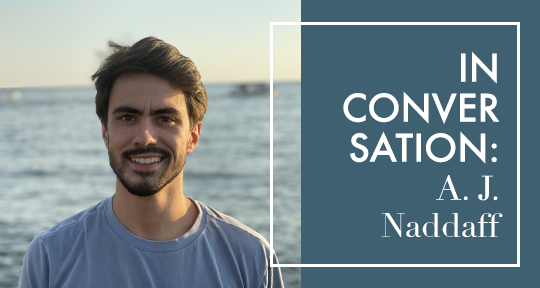In our last round-up of the year, we’ve selected twelve titles from eight countries, with tales of grand adventure and prose of intimate beauty, novels tracing orature or the piecing together of history, rediscovered poetry and letters from literary titans, stories tinged with horror or fantasy. . . All to send the year off the best way we know how: in the company of our world’s brilliant writers.

What Remains: The Collected Poems of Hannah Arendt, translated from the German and edited by Samantha Rose Hill with Genese Grill, Liveright, 2024
Review by Liliana Torpey
In What Remains: The Collected Poems of Hannah Arendt, we are invited into the private, poetic life of the author behind the seminal political texts The Origins of Totalitarianism and Eichmann in Jerusalem. The door is not opened by Arendt herself—who never published her poems and seemingly never intended to—but by the volume’s translators, Samantha Rose Hill and Genese Grill, who dove deep into the archives to collect these poems. Reading them feels at once like a gift and a faux-pas, knowing that we are trespassing upon the intimate thoughts and gestures of one of the twentieth century’s great political thinkers.
The entirety of Arendt’s poetic corpus appears in this book. For a lifetime it doesn’t seem like many—seventy-eight in total—but the book’s thorough introduction, translator’s note, and footnotes reveal just how carefully Arendt stewarded these poems over the years. Hill and Grill detail the way that Arendt hand wrote each piece in a notebook or letter, then continued to edit by hand before finally typing up the poems and arranging them chronologically, by season. Packing many of them alongside her essential documents when leaving Germany, her poems “remained among her most prized possessions.”
This care is evident in the poems themselves, which often fall on the shorter and sparser side. It’s clear that Arendt had considered and reconsidered each individual word, trying to communicate what she felt and sensed. In many cases, that world appears to be a rather bleak one: “The sky is in flames, / Heaven is on fire / Above us all, / Who don’t know the way.” While her political writings directly address the mechanisms of violence and authoritarianism, her poems often reveal an unsettling and probing uncertainty.
Alongside—and perhaps stemming from—this uncertainty flows a desire and sensuality that animates Arendt’s curiosity and nostalgia: “Heart warmth / Heart grace / Inhaling deep emotional-being / Sighing softly / Like cloud mist / Audibly trembling touched-being.” Her precision and tenderness are disarming, though not totally distinct from the Arendt that readers may already know. Marked by ambivalence and vulnerability in the face of life’s great mysteries, these poems don’t simply reveal all that we hope to know about Arendt’s internal landscape; instead, they deepen a sense of wonder that hovers, always, just beyond our reach.

Letters to Gisèle by Paul Celan, translated from the German by Jason Kavett, New York Review Books, 2024 READ MORE…



What’s New in Translation: August 2021
New work this month from Lebanon and India!
The speed by which text travels is both a great fortune and a conundrum of our present days. As information and knowledge are transmitted in unthinkable immediacy, our capacity for receiving and comprehending worldly events is continuously challenged and reconstituted. It is, then, a great privilege to be able to sit down with a book that coherently and absorbingly sorts through the things that have happened. This month, we bring you two works that deal with the events of history with both clarity and intimacy. One a compelling, diaristic account of the devastating Beirut explosion of last year, and one a sensitive, sensual novel that delves into a woman’s life as she carries the trauma of Indian Partition. Read on to find out more.
Beirut 2020: Diary of the Collapse by Charif Majdalani, translated from French by Ruth Diver, Other Press, 2021
Review by Alex Tan, Assistant Editor
There’s a peculiar whiplash that comes from seeing the words “social distancing” in a newly published book, even if—as in the case of Charif Majdalani’s Beirut 2020: Diary of the Collapse—the reader is primed from the outset to anticipate an account of the pandemic’s devastations. For anyone to claim the discernment of hindsight feels all too premature—wrong, even, when there isn’t yet an aftermath to speak from.
But Majdalani’s testimony of disintegration, a compelling mélange of memoir and historical reckoning in Ruth Diver’s clear-eyed English translation, contains no such pretension. In the collective memory of 2020 as experienced by those in Beirut, Lebanon, the COVID-19 pandemic serves merely as stage lighting. It casts its eerie glow on the far deeper fractures within a country riven by “untrammelled liberalism” and “the endemic corruption of the ruling classes.”
Majdalani is great at conjuring an atmosphere of unease, the sense that something is about to give. And something, indeed, does; on August 4, 2020, a massive explosion of ammonium nitrate at the Port of Beirut shattered the lives of hundreds of thousands of people. A whole city collapsed, Majdalani repeatedly emphasises, in all of five seconds.
That cataclysmic event structures the diary’s chronology. Regardless of how much one knows of Lebanon’s troubled past, the succession of dates gathers an ominous velocity, hurtling toward its doomed end. Yet the text’s desultory form, delivering in poignant fragments day by elastic day, hour by ordinary hour, preserves an essential uncertainty—perhaps even a hope that the future might yet be otherwise.
Like the diary-writer, we intimate that the centre cannot hold, but cannot pinpoint exactly where or how. It is customary, in Lebanon, for things to be falling apart. Majdalani directs paranoia at opaque machinations first designated as mechanisms of “chance,” and later diagnosed as the “excessive factionalism” of a “caste of oligarchs in power.” Elsewhere, he christens them “warlords.” The two are practically synonymous in the book’s moral universe. Indeed, Beirut 2020’s lexicon frequently relies, for figures of powerlessness and governmental conspiracy, on a pantheon of supernatural beings. Soothsayers, Homeric gods, djinn, and ghosts make cameos in its metaphorical phantasmagoria. In the face of the indifferent quasi-divine, Lebanon’s lesser inhabitants can only speculate endlessly about the “shameless lies and pantomimes” produced with impunity. READ MORE…
Contributors:- Alex Tan
, - Fairuza Hanun
; Languages: - French
, - Hindi
; Places: - India
, - Lebanon
; Writers: - Charif Majdalani
, - Geetanjali Shree
; Tags: - Beirut 2020 explosion
, - diary
, - disaster
, - Indian Partition
, - motherhood
, - recovery
, - social commentary
, - trauma
, - womanhood